Expounding transformative Jurisprudence in India is about comprehending the analogy of justices of the Superior Court about the Constitution of India that is a fine document of intellectual activism. The interpretation of the Constitution is not just about its source of power and responsibility, but it is in the eternal words of the Apex Court in Bangalore Water Supply and Sewerage Board v.A. Rajappa, 1978, an exercise in showing how we must not confound the confusion, but expound with elocution. Our Constitution is written in broad as well as prolific approach with splendid blissful wisdom of its framers poetry in prose majestic language, which was intended not to be a seasonal textual document but was, indeed, intended to endure to bind Indian Nation State’s posterity through ages. The constitution is what the Justices of the highest court expound. Justice Vivian Bose’s expression “flashing the flaming sword of its inspiration” expounds to do complete justice. The expounding approach solely makes our Constitution living or living organism. Expounding constitutional interpretation resist the traditional tendency that judicial law making is myth. Expounding of the basic structure was possible because of the changing political circumstances playing with the constitution as a play thing that presented new problems that required judicial creativity in constitutional interpretation. Basic structure expounds an inroad for experiential transformative jurisprudence. Had Kesavananda Bharati case, 1973, not been there, the supremacy of the Constitution could have been the prey of authoritarianism or autocratic democracy which could have been detrimental to Rule of Law to sustain the Rule of Life.
Maneka Gandhi, 1978, being the splendid bliss in the constitution-in-law has given birth to the principle of mutually reciprocative and mutually inclusive it also evolves the Indian perceptions of due process presented in an ocean within a tear phrase reasonable, just and fair, it also gives novel approach to natural justice with the application of experiential expression post decisional hearing, an unparallel contribution to the evolution of administrative process in the globe. S.R. Bommai, 1994 puts a cap on the executive/government’s extra constitutional power that it had misused it under article 356 about hundred times earlier. Expounding transformative jurisprudence gives insights of the evolution of de novo judicial process, which portrays a new roadmap of shift from regressive to progressive contours of Constitutional law in India. It seems progressive movement from archaic analytical and imperative genesis of law to realistic expounding of sociological jurisprudence, sociology of law social engineering, and experiential jurisprudence. The progressive contours are boon for the transformative jurisprudence in India that has indeed strengthened the dimensions of new jurisprudential thoughts of affirmative action, human dignity, legal aid, under trials trial, backlog/pendency of cases, delay and speedy disposal of cases, women empowerment, child empowerment and child education, etc. It has propelled new directions in the Constitution Governance of the country, which helps to evaporate the soup and sauce of corruption. The national Judicial Appointments Commission (NJAC) shall be a step forwards having Hamilton’s insights that a power over a man’s subsistence amounts to a power over his will.

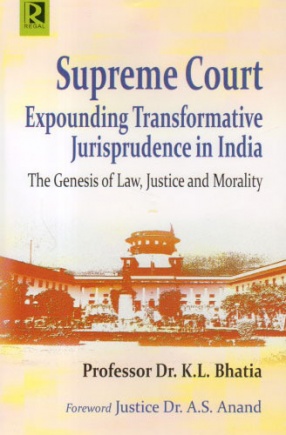
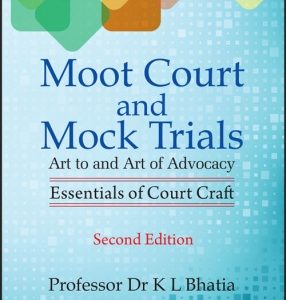
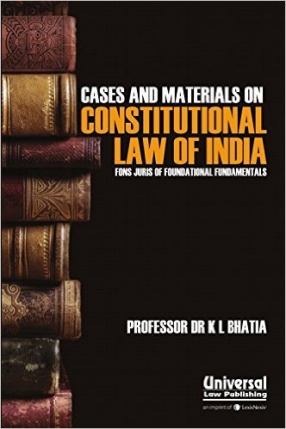
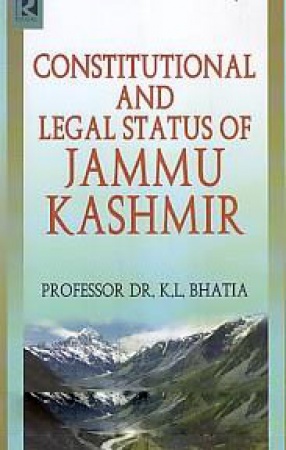


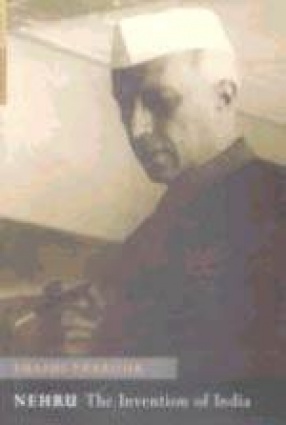
There are no reviews yet.